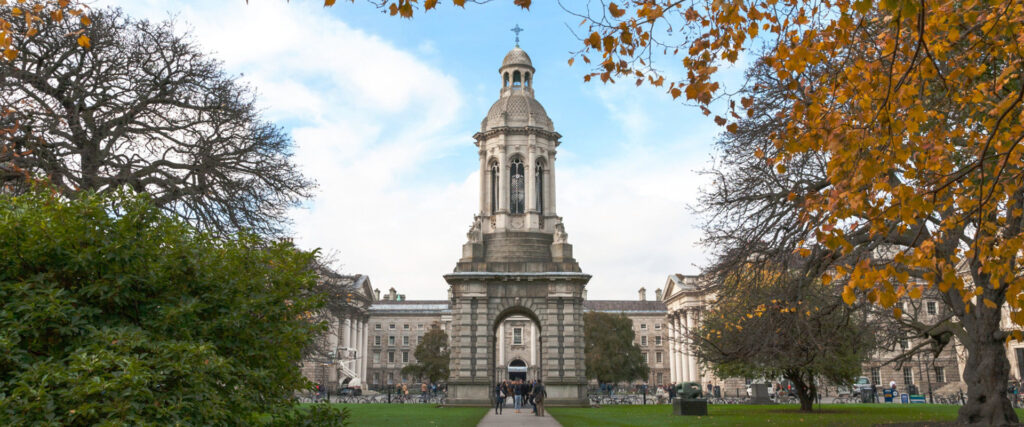
IRELAND
Advantages of Studying in Ireland
Ireland has one of the best education systems in the world and there are many reasons to study here. Schools and universities are globally connected and graduates of Irish education institutions have access to opportunities in many different careers all over the world. Ireland is an island nation on the westernmost edge of Europe. It is the continent’s second largest island after Great Britain. And it is known for its beautiful green countryside, fascinating history and friendly people. Irish universities are in the top 1% of research institutions in the world. Some of the world’s biggest and best companies have key strategic research facilities here and international students can join research programs that are driving innovation and changing lives worldwide. The Irish Government offers a one-year stay back visa for Bachelors graduates and up to two years for Masters graduates. Many international students stay in Ireland after finishing their studies and start their careers here.
About Ireland
A Safe and friendly English speaking Country with Internationally Ranked Universities and Institutions and has a Modern Knowledge Economy focused on services and High Tech Industry.
Ireland, in Irish “Éire”, is a popular destination among students from other states of European Union as well as from other regions of the world. Whether you plan to study in Ireland as an exchange student, as a regular student or simply participate in short-term summer courses in Ireland, you will not only enjoy the friendliness and hospitality of the Irish people, but also the international atmosphere and the high quality of Ireland’s higher education institutions and research institutes.
Why Ireland?
- Wide and extensive range of courses
- 1 Year Post Study Work Visa available on completion of degree
- Easy Conversion of Post Study Work Visa into Green Card/ Work Permit
- Multiple Scholarships of 50% to 100% available on merit basis
- Affordable living costs with the option to work part time while studying
University System
The strength of Ireland’s higher education is a big draw and a variety of academic paths are open to international students.
As well as the arts and literature, Irish universities offer programs in technology and communications, history, environmental science, and peace and conflict studies.
Higher education in Ireland is provided mainly by seven universities, 14 institutes of technology, including the Dublin Institute of Technology and seven colleges of education. There is also a number of other tertiary institutions providing specialist education in fields such as art and design, medicine, business studies, rural development, theology, music and law.
Applications for entry to undergraduate courses in universities, colleges of education, institutes of technology and some other institutes of higher education, are centrally processed by the Central Applications Office (CAO).
Universities retain the function of making decisions on admissions, using a points system based on the Leaving Certificate. Each university has a minimum entry requirement, usually requiring a pass grade in either English or Irish, as well as Maths. Some also require a pass grade in a modern continental European language (French, German, Spanish or Italian). The closing date for normal applications is in February of the year of entry. Late applications must be received by a date in May.
Accommodation
ranges from on-campus residencies to student hostels and private rented accommodation. On campus accommodation can be scarce
Costs of Living
Ireland, in common with much of the EU, is not a cheap country in which to live. Recent estimates for the cost of a year in Dublin have ranged between €8,000 and €12,100, largely depending on the type of accommodation chosen, including rent, electricity, food, books and laundry and medicine as well as travel passes and social expenses, but excluding tuition fees.
Working While Studying
All nationals from the EEA are free to take up employment in Ireland while studying. Students from outside the EEA on recognised courses can take up casual employment (up to 20 hours part-time work per week or full-time work during normal college vacation periods). All other work is prohibited.
Health and Safety
Under EU/EEA regulations students from other member states who are attending a course of study are entitled to medical services in Ireland. In order to be eligible for any of these services, you will be required to provide the Irish health authorities with documentation from your home country that validates your entitlement. All non-EEA students are required to have private medical insurance when coming to and residing in Ireland for the purpose of studying.
